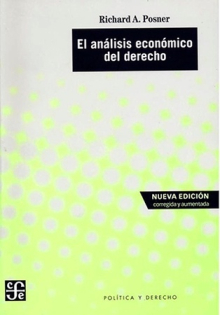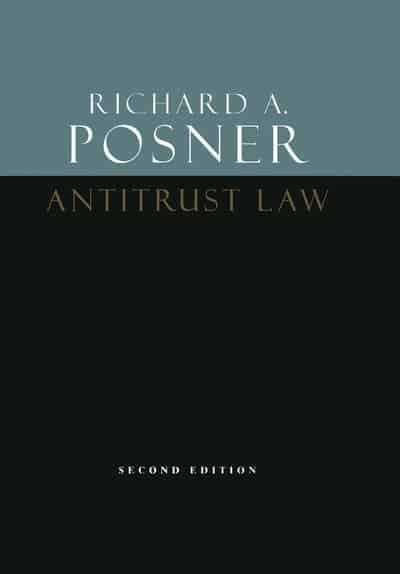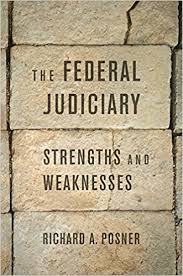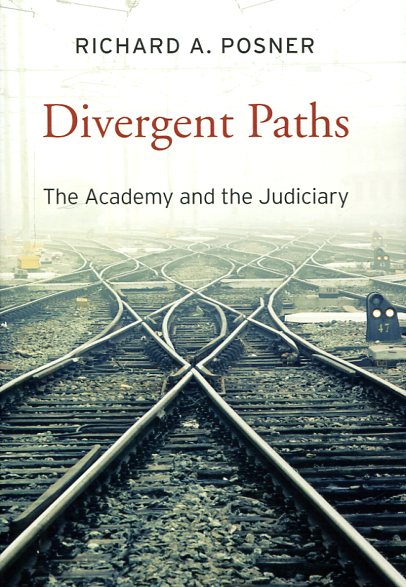Economic analysis of Law
- ISBN: 9780735563544
- Editorial: ASPEN PUBLISHERS
- Fecha de la edición: 2007
- Lugar de la edición: New York. Estados Unidos de Norteamérica
- Edición número: 7th ed
- Encuadernación: Cartoné
- Medidas: 26 cm
- Nº Pág.: 787
- Idiomas: Inglés

Servicio de búsqueda de libros
Este libro está agotado o descatalogado por la editorial. Si lo desea podemos buscar esta obra en librerías de saldo y ocasión.
Sí, por favor búsquenme este libroRichard Posner [1973] brought economic analysis of law to the attention of the general legal academy; by the late 1970s, his work had provoked a vigorous controversy within the legal academy. That controversy has usually defined the debate around the philosophical foundations of economic analysis of law. Posner made two claims: (I) Common law legal rules are, in fact, efficient; and (II) Legal rules ought to be efficient. In both claims, "efficient" means maximization of the social willingness-to-pay. In the course of the controversy, two other claims were articulated in Kornhauser [1984, 1985]: (III) Legal processes select for efficient rules; and (IV) individuals respond to legal rules economically. (In this third claim, "efficient" means "Pareto efficient.") Kornhauser identified this last, behavioral claim as central to the enterprise. A fifth claim is also implicit in the literature: (V) on the best interpretation of law, common law doctrines promote efficiency.[1] Notice that (V) differs from (I) in important respects. According to (V), an economic interpretation fits a doctrine not because, as asserted in (I), the legal rules in fact induce efficient behavior but because the rule would induce efficient behavior within the view of the world that seems to underlie the judicial decisions. (I) is an empirical claim that requires the analyst to determine whether the actual behavior induced by legal rules is efficient; it requires knowledge of how individuals do, in fact, behave and of which behavior in the real world would, in fact, be efficient. (V) requires only knowledge of the content of judicial opinions; the analyst interprets these opinions to extract an economic model that underlies the decision. (V) might be true even though legal rules induced inefficient behavior in the real world because the announced legal rule might be efficient within the implicit model used by judges.










